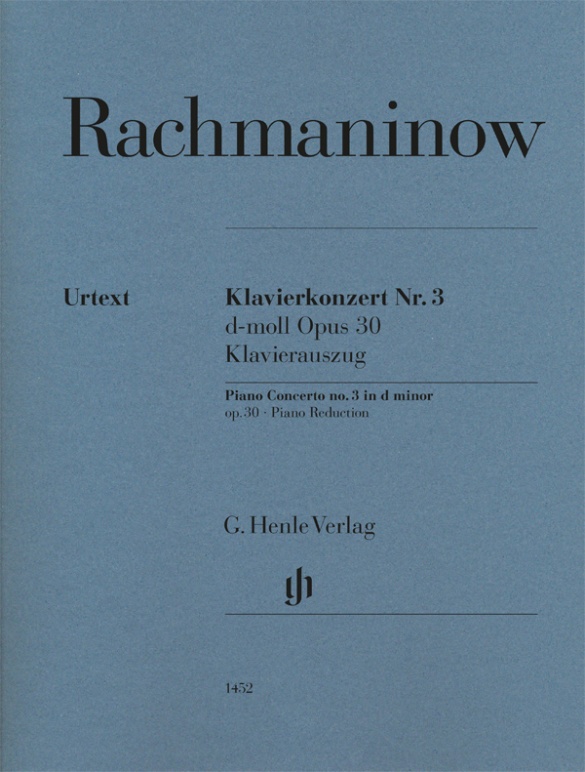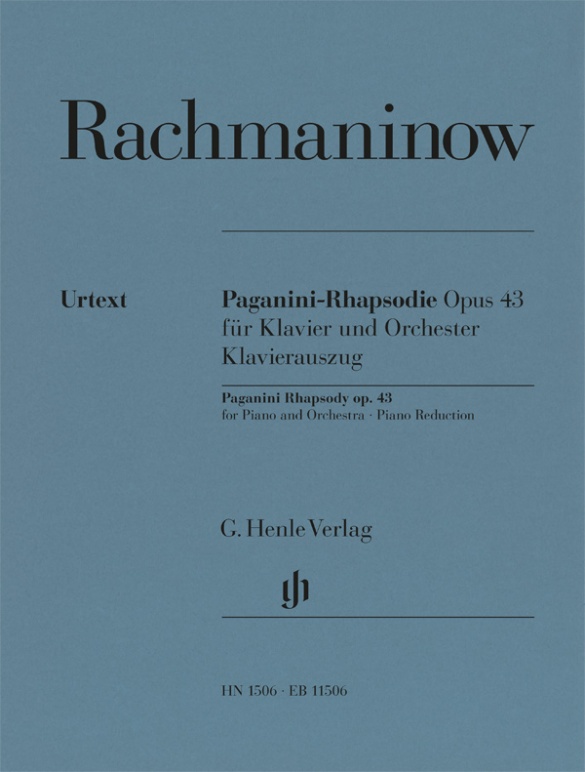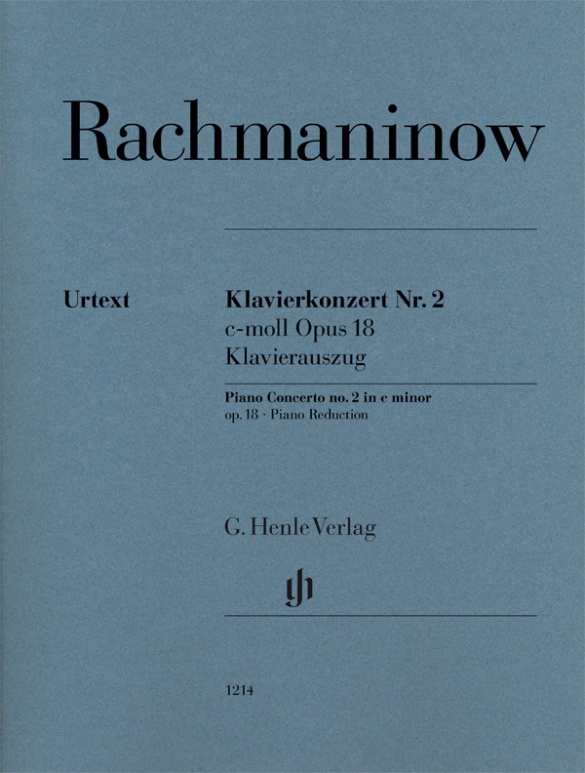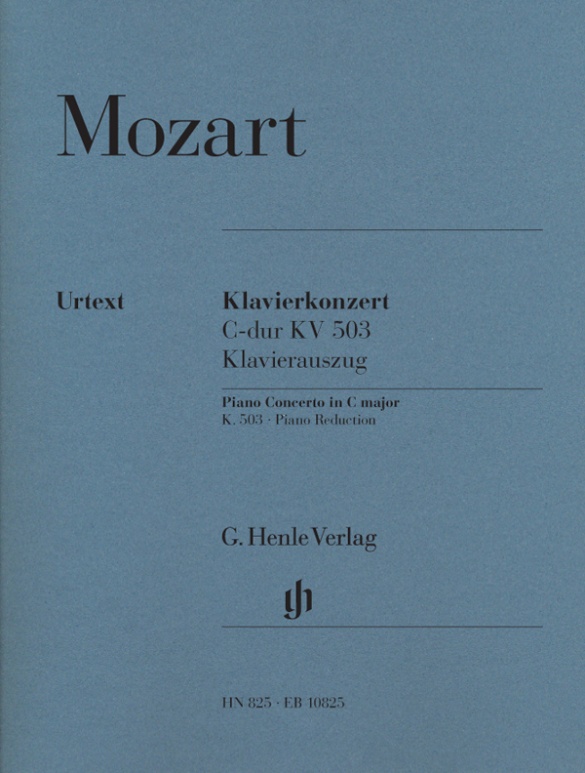Sergei Rachmaninoff
Piano Concerto no. 3 d minor op. 30
It is a matter of personal taste as to whether Rachmaninoff’s second or third piano concerto is his best. But there is no doubt that “Rach 3”, with its abundance of melodic ideas, today numbers among the best loved, and at the same time most technically challenging, in the concert literature. Polish pianist Josef Hofmann, to whom the concerto, written in 1909, was dedicated, did not want to perform it in public during his lifetime, and it was Vladimir Horowitz who eventually facilitated its breakthrough on the concert stage. As aside from the first edition and recordings, for this edition we were also able to consult the autograph full score that today is housed at the British Library. As with all of G. Henle Publishers’ Rachmaninoff editions, the fingering is by virtuoso of the century Marc-André Hamelin.
mws-henle.cms.title-works.headline
mws-henle.cms-product-detail.composer-headline
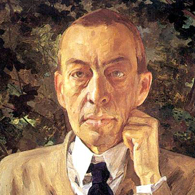
Sergej Rachmaninow
Composer and pianist who continued and expanded the late-Romantic tradition; he prepared the way for Prokofiev and Shostakovich. His oeuvre comprises orchestral works, piano pieces, choral works, several operas, and numerous songs.
| 1873 | Born in Semyonovo on April 1. From 1880 receives professional instruction in music. |
| 1885–92 | Studies music at the Moscow Conservatory. |
| 1890–92 | Piano Concerto No. 1 in F-sharp minor, Op. 1, with the diminished fourth in the main theme typical of his style. |
| 1892 | Successful performance of his one-act opera “Aleko” (a graduation work). Prelude in C-sharp minor for piano. |
| 1897 | Unsuccessful premiere of the Symphony No. 1, Op. 13 (with abrupt contrasts). First experiences as an opera conductor at Moscow’s Mamontov Theater. He becomes acquainted with Fyodor Shalyapin, later his friend. |
| 1900/01 | Composition of the Piano Concerto No. 2 in C minor, Op. 18, in a modified style (broad melodic arcs, transparent compositional style). |
| 1904–06 | Appointed conductor at the Bolshoi Theater in Moscow. |
| 1906 | Premieres of the operas “The Miserly Knight,” Op. 24, and “Francesca da Rimini,” Op. 25. |
| 1907 | Symphony No. 2 in E minor, Op. 27, with whimsical figuration in the woodwinds; Piano Sonata No. 1 in D minor, Op. 28. |
| 1909 | Piano Concerto No. 3 in D minor, Op. 30; symphonic poem “The Isle of the Dead,” Op. 29 |
| from 1910 | More complex compositional technique (enhanced polyphony, ambiguous harmonies, fast rhythmic alterations) in Thirteen Preludes for piano, Op. 32; “Études-tableaux,” Op. 33 (1911); Fourteen Songs, Op. 34 (1910–16). |
| 1917 | Rachmaninoff leaves Russia and lives in Stockholm, Copenhagen, the United States (career as pianist), and Switzerland. |
| 1926/41 | Piano Concerto No. 4 in G minor, Op. 40. In 1935/36, Symphony No. 3 in A minor, Op. 44. |
| from 1939 | He emigrates permanently to the United States. |
| 1943 | Death in Beverly Hills on March 28. |
mws-henle.cms-product-detail.author-headline

Dominik Rahmer (mws-henle.person.role.HERAUSGEBE)
Dr. Dominik Rahmer, born in 1971 in Mainz, studied musicology, philosophy and maths in Bonn. He did his Magister Artium in 1999 and his doctorate in 2006 with a thesis on the music criticism of Paul Dukas.
From 2001 to 2011 he was employed at Boosey & Hawkes/Bote & Bock in Berlin, where he also worked on the Critical Edition of the Works of Jacques Offenbach (OEK). Since 2011 he has been an editor at G. Henle Publishers in Munich, with a particular focus on French and Russian music and works for wind instruments.
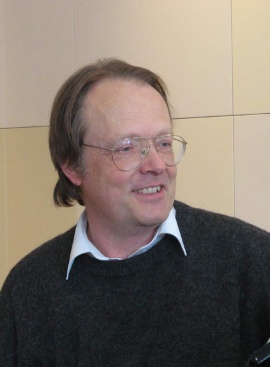
Johannes Umbreit (mws-henle.person.role.KLAVIERAUS)
Prof. Johannes Umbreit studied the piano at the Musikhochschule in Munich. From 1987 onwards he was a regular accompanist at courses given by Wolfgang Schneiderhan, Thomas Brandis, Ljerko Spiller, Igor Ozim, Olga Woitowa, Ernő Sebestyén, Walter Nothas, F. Andrejevsky, Denis Zsigmondy and Zakhar Bron amongst others. He has appeared in numerous radio and TV broadcasts and plays chamber music with members of the Bavarian State Orchestra, the Munich Philharmonic Orchestra and the Bavarian Radio Symphony Orchestra.
He is on the jury of different international competitions and has been invited to several international music festivals. Umbreit was a teacher for almost ten years at the Musikhochschule in Munich and at the same time a lecturer for chamber music and piano accompaniment at the Richard Strauss Conservatory. Since 2008 he has been a lecturer at the Hochschule für Musik und Theater München. As the long-serving managing director of the Richard-Strauss-Gesellschaft, he was made an honorary member of the board in 2009. In May 2011, the Bavarian Minister of Culture appointed Johannes Umbreit an honorary professor of the Hochschule für Musik und Theater München on the suggestion of its academic senate.
.jpg)
Marc-André Hamelin (mws-henle.person.role.FINGERSATZ)
Product Safety Informations (GPSR)

G. Henle Verlag
Here you can find the information about the manufacturer of the product.G. Henle Verlag e.K.
Forstenrieder Allee 122
81476 München
Germany
info@henle.de
www.henle.com
推荐
autogenerated_cross_selling
本书目其他版本


